Need to allow flexible adjustment of retail electricity prices
At a recent conference to gather opinions from experts, managers, and businesses on the implementation of a competitive electricity market, Minister of Industry and Trade Nguyen Hong Dien frankly acknowledged that Vietnam's electricity market is not really complete, still has many bottlenecks, and faces difficulties and delays in attracting investment and negotiating electricity prices.
The electricity price mechanism is also not transparent, there is still cross-subsidy between customer groups; consumers do not have the right to choose the electricity seller. These are urgent issues that must be resolved if we want to form a fair electricity market, creating motivation for energy development.
The challenge is even greater when, in just the next 5 years, the power capacity must triple from the current 81,000 MW to 234,000-251,000 MW according to the adjusted Power Plan VIII and Resolution 70 of the Politburo . Without a true, transparent market, achieving this goal will be extremely difficult.
“Resolution 70-NQ/TW of the Politburo is a practical order. There is no room for hesitation; anyone who disagrees with the reform must stand aside,” the Minister emphasized.
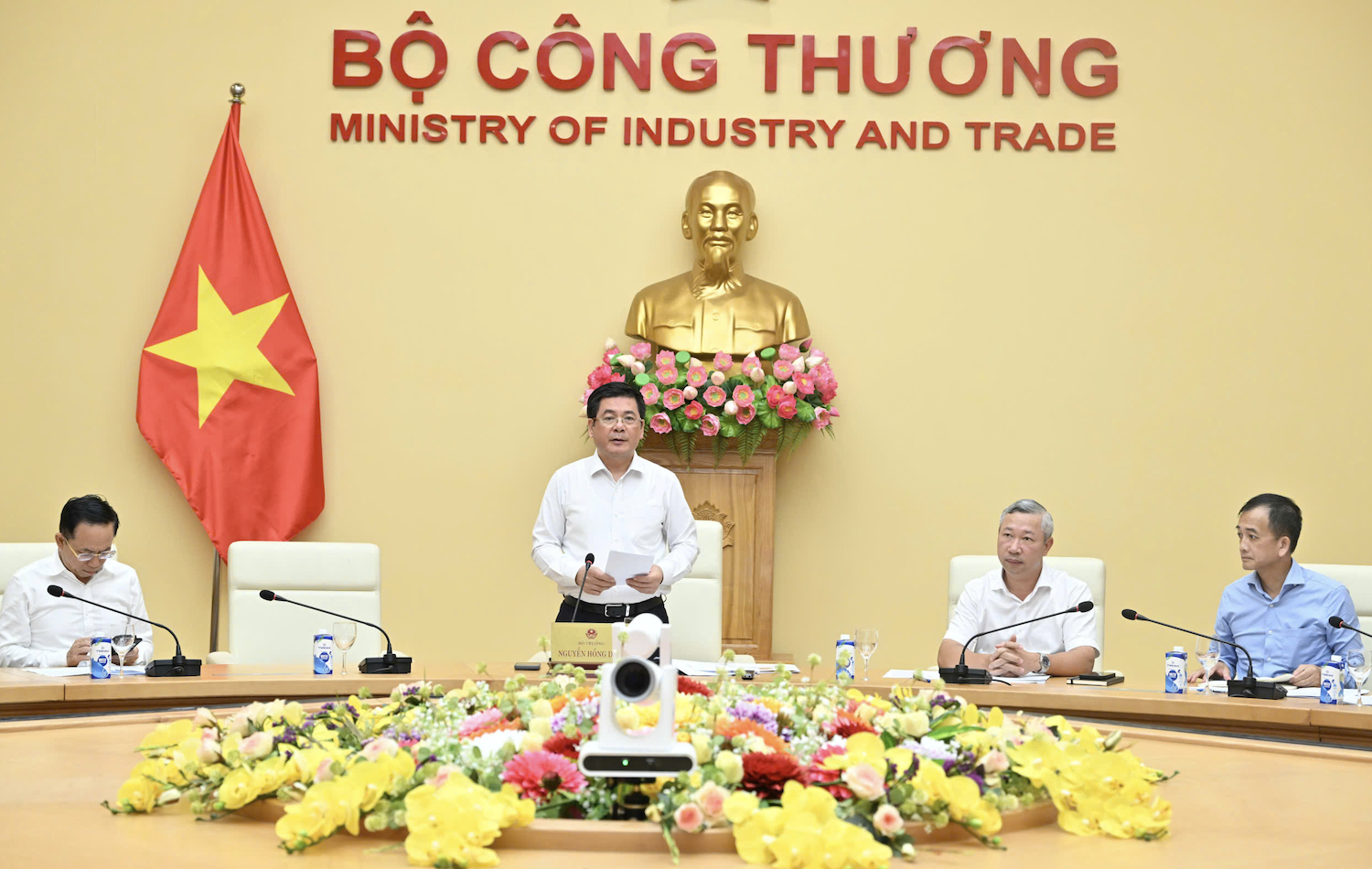
Mr. Bui Quoc Hoan - Deputy General Director of Southern Power Corporation (EVNSPC) affirmed that the core factor of the competitive electricity market is the electricity price mechanism. However, there is still a cross-subsidy situation between customer groups and regions.
Therefore, it is necessary to consider building a flexible retail electricity price mechanism, negotiated by electricity retailers and electricity customers according to electricity market regulations. Customers who do not participate in the market will apply a unified retail electricity price according to State regulations.
Mr. Nguyen Anh Tuan - Vice President of the Energy Association said that a healthy competitive electricity market can only be formed when there are enough goods to buy and sell. Currently, only about 38% of the total capacity participates in the electricity market. If BOT power sources and renewable energy sources that are enjoying the FIT mechanism continue to not participate in the market, this rate will be even lower. That means the market lacks "sellers", unable to accurately reflect the supply - demand relationship.
From the above analysis, he recommended that all power plants, regardless of size and type, after the preferential period must participate in the competitive electricity market. Only when the proportion of participating sources gradually increases, will electricity prices reflect real costs and create a signal for investment in the right direction.
In addition, the Association also agrees with the proposal to study the regional or nodal pricing mechanism to create more accurate investment signals and encourage large customers to participate in the market.
Energy expert Ha Dang Son recommended that the Ministry of Industry and Trade soon study and switch to applying a more flexible electricity price mechanism, linked to actual consumption and new technology, allowing EVN to adjust retail electricity prices more flexibly according to market signals.
There must be a roadmap to eliminate cross-subsidy in electricity prices.
Minister Nguyen Hong Dien emphasized that the construction, completion and development of a competitive electricity market must closely follow the policies and orientations of the Party and Government, especially Resolution No. 70; ensuring consistent and thorough implementation of the principles stipulated in the Electricity Law.
The principle is to ensure publicity, transparency, equality, fair competition, and non-discrimination among participants in the competitive electricity market. Ensure the rights and interests of power units as well as electricity customers.
It is necessary to respect and ensure the freedom of choice of partners and transaction forms of buyers and sellers in the competitive electricity market, in accordance with each level of the competitive electricity market.
At the same time, building and restructuring the electricity industry in a way that ensures market competitiveness while maintaining energy security and social security.
“This is a function that perhaps only EVN, as a state-owned corporation, can perform. Non-state enterprises can hardly shoulder the responsibility of security and social security,” the Minister said.
In addition, the electricity price mechanism and power purchase contracts need to be improved to meet market requirements. Investment in power system infrastructure and human resources is required.
“It is necessary to promptly amend and supplement regulations on the operation of the competitive electricity market at each level, ensuring compliance with the adjusted roadmap and design. A principle that needs to be respected is that market price signals must become an important factor in attracting investment,” the Minister emphasized.
According to the Minister, there must be a roadmap to eliminate cross-subsidy in electricity prices between customer groups and regions, in accordance with the level of competitive market; promulgate regulations on distribution service prices, ensuring the principle of "correct and sufficient calculation" of costs, especially in the electricity transmission stage.
In addition, it is necessary to issue a mechanism to manage and regulate the use of primary fuels for power generation, especially gas and blended gas prices, to ensure energy efficiency and security.
“The system must be open and all bottlenecks in each stage of electricity operations must be removed,” the Minister noted. Because if the competitive electricity market is not fair, transparent and clear, it will be difficult to attract investors because no one is willing to invest large capital and must accept small returns.
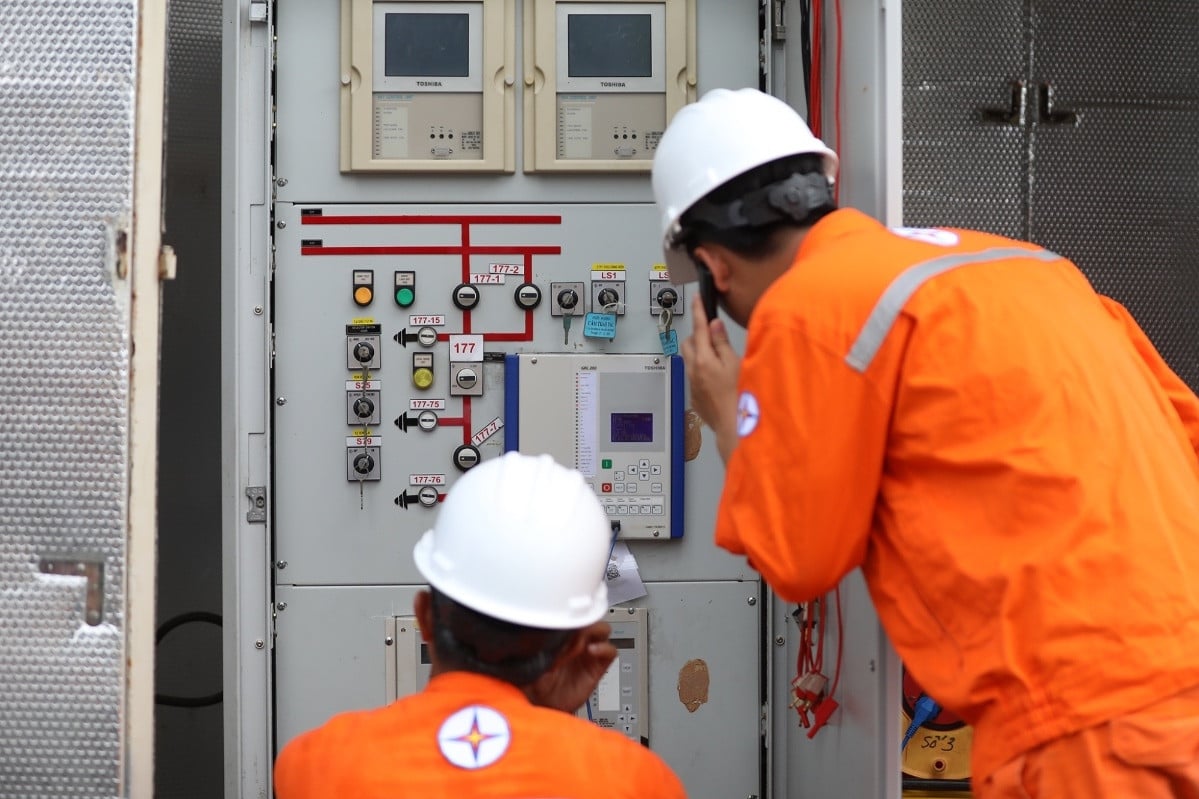
Source: https://vietnamnet.vn/bo-truong-cong-thuong-noi-ve-co-che-gia-dien-moi-2448049.html



![[Photo] Solemn opening of the 1st Government Party Congress](https://vphoto.vietnam.vn/thumb/1200x675/vietnam/resource/IMAGE/2025/10/13/1760337945186_ndo_br_img-0787-jpg.webp)





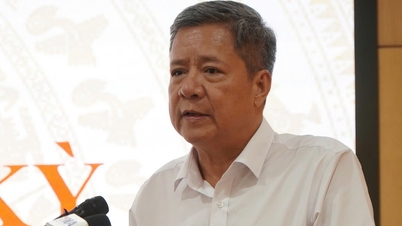




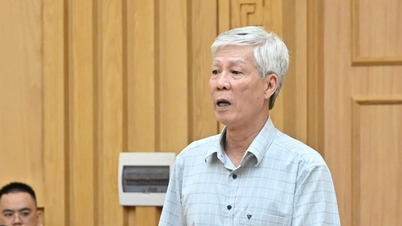








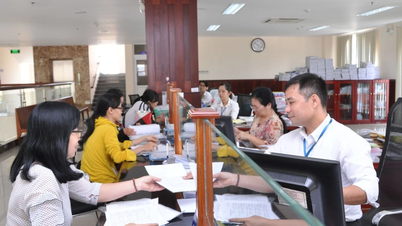









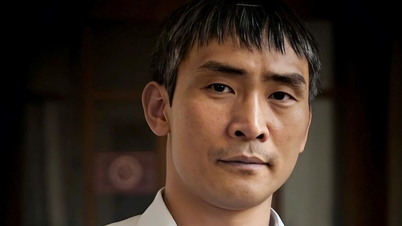


![[Photo] General Secretary To Lam attends the opening of the 1st Government Party Congress](https://vphoto.vietnam.vn/thumb/1200x675/vietnam/resource/IMAGE/2025/10/13/1760321055249_ndo_br_cover-9284-jpg.webp)




























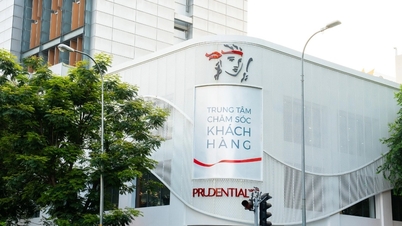















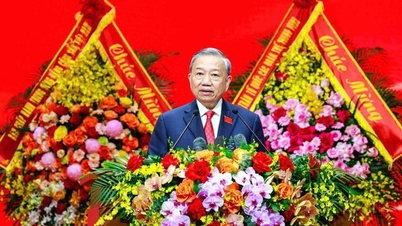

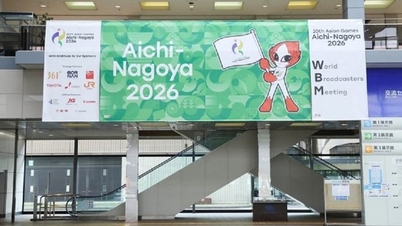


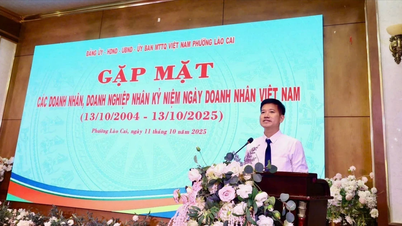



















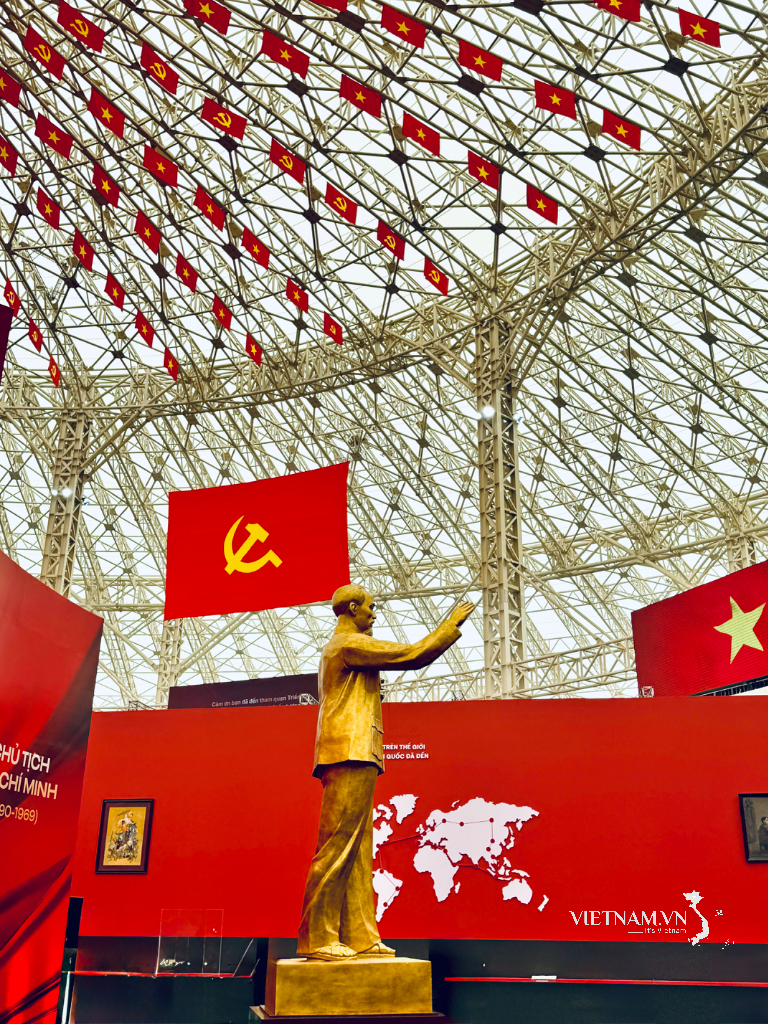
Comment (0)